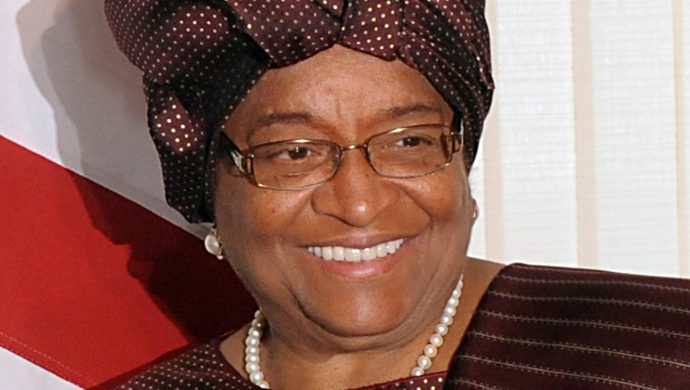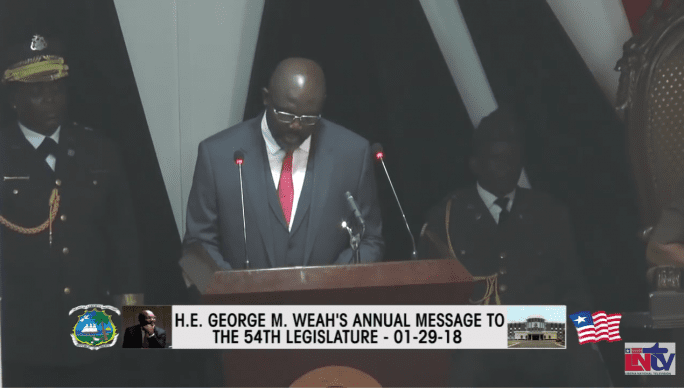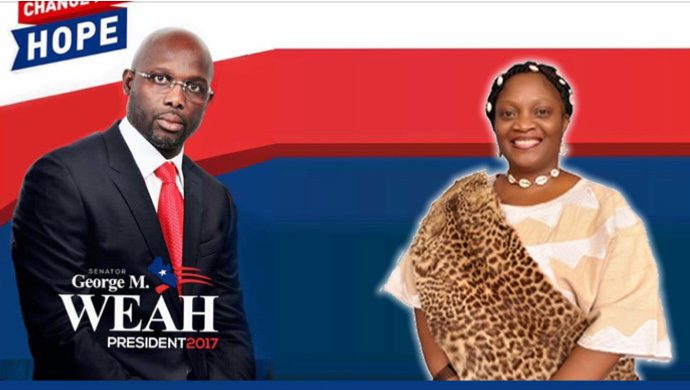LONDON, 28 November 2016 (Global Witness): Global Witness welcomes Liberia’s new Petroleum Law, which marks a significant step towards the transparent management of the country’s oil sector, but warns that new regulations are also necessary to ensure that it is effective.
The new law requires competitive bidding for all petroleum contracts, and for all oil companies to declare their true owners.
Both of these changes could help fight the corruption that has long plagued the sector by assuring Liberians that only the most qualified companies get contracts and licenses are not awarded through backroom deals to government officials.
The law could also help Liberia meet its international commitments under the Extractive Industries Transparency Initiative (EITI), a global standard to promote the open and accountable management of countries’ oil, gas, and mineral reserves.
“This law is a great start,” said Jonathan Gant with Global Witness. “Liberia has a history of natural resource mismanagement, not least in the oil sector where bribery has severely undermined Liberians’ faith in their government. The Petroleum Law, if implemented and backed up by equally progressive regulations, will help prevent corrupt deals from happening again.”
På vej med egen olieproduktion
The new Petroleum Law comes at a key time in the development of Liberia’s oil sector.
The country is not yet producing oil but has awarded ten offshore licenses, some of which are held by US oil giants Chevron and Exxon.
But with badly outdated laws and little government capacity, the sector has been vulnerable to the sort of corrupt abuse that has befallen neighbours like Nigeria.
Liberia’s new law should help fight oil corruption in three ways:
- All companies that want to bid on oil blocks will have to declare to the government who owns them – their beneficial owners. Global Witness reporting has shown how anonymously-owned companies have been used to launder public money and dodge taxes.
- All oil agreements must undergo a competitive bidding process, and information on how winners are chosen must be made public. In the past, Liberia has awarded resource contracts without transparent competitive processes, resulting in corrupt deals and land grabs.
- The state-owned oil company NOCAL will no longer regulate private oil companies – regulatory power will instead be handed to the new Petroleum Regulatory Authority (PRA). Under Liberia’s old law NOCAL was tasked with regulating its partner companies, which posed a clear conflict of interest.
Additional safeguards are needed, however, to ensure that the Petroleum Law is effective.
The law does not make clear what is meant by a beneficial owner, for instance, leaving those wishing to hide their assets too much room for interpretation.
It is also not assured that companies’ ownership information will be made public, a critical step to ensuring that oil deals are free from corruption.
It must also be noted that past efforts by the Liberian government to have companies declare their beneficial owners have not been successful.
Liberia has pledged to follow standards established by EITI, which includes publishing extractive companies’ beneficial owners.
However, when the Liberian government attempted in 2015 to get companies’ ownership information, 40 of the country’s 89 resource companies failed to provide the requested data.
Frygt for at pengene forsvinder
Global Witness is also concerned at the large amount of oil revenue that the PRA will now have at its disposal.
Until oil production starts, most of the money Liberia receives from companies comes in the form of large bonuses that companies pay to the government upon signing new contracts, such as the US$ 21 million bonus paid by Exxon in 2013 for its license.
The Petroleum Law gives control of these bonuses not to the Ministry of Finance, where they could be spent on roads or education, but to the PRA for its internal operations.
Past experience in countries such as Angola has shown that, when oil revenues are controlled by oil agencies, they can be stolen.
“With the law in place, the government must now turn its attention to drafting regulations that close possible loopholes,” said Jonathan Gant.
“These regulations must make sure that all natural resource companies declare the people who are ultimately in control, and make sure that signature bonuses are not lost from state coffers. And, unlike in years past, these rules must be enforced.”












